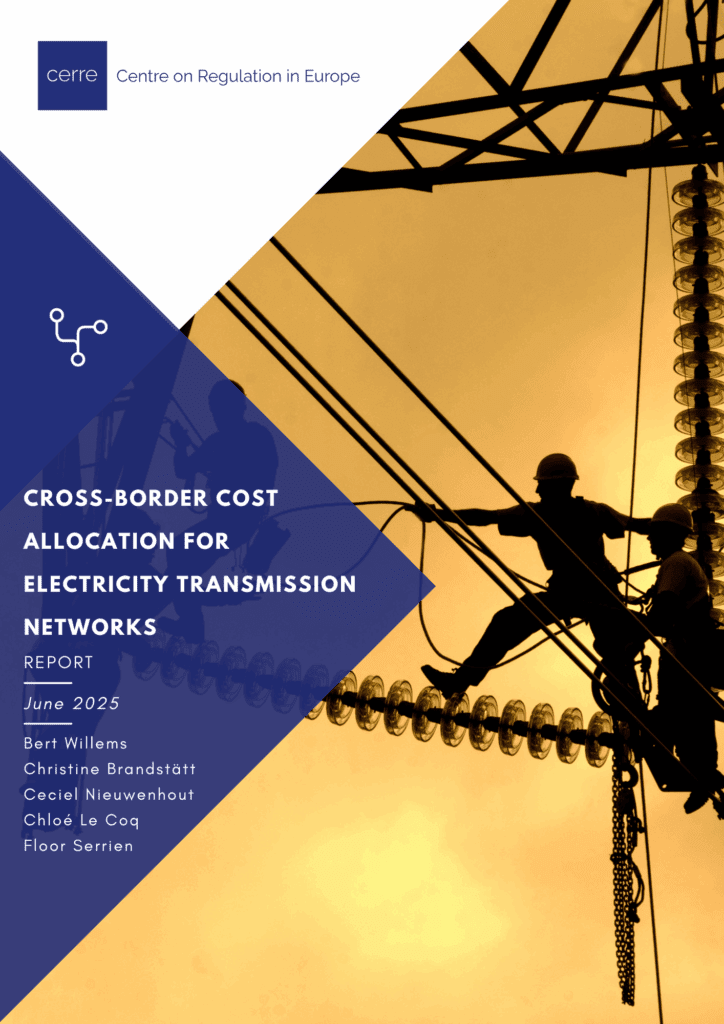and Université catholique de Louvain
Professor Bert Willems, is a CERRE Research Fellow and a Professor of Economics at the Université catholique de Louvain where he studies and teaches energy management and environmental economics. He is affiliated with the Law and Economic Center at Tilburg University (TILEC), the Toulouse School of Economics and a board member of the Benelux Association for Energy Economics (BAEE).
Professor Bert Willems, is a CERRE Research Fellow and a Professor of Economics at the Université catholique de Louvain where he studies and teaches energy management and environmental economics. He is affiliated with the Law and Economic Center at Tilburg University (TILEC), the Toulouse School of Economics and a board member of the Benelux Association for Energy Economics (BAEE).







